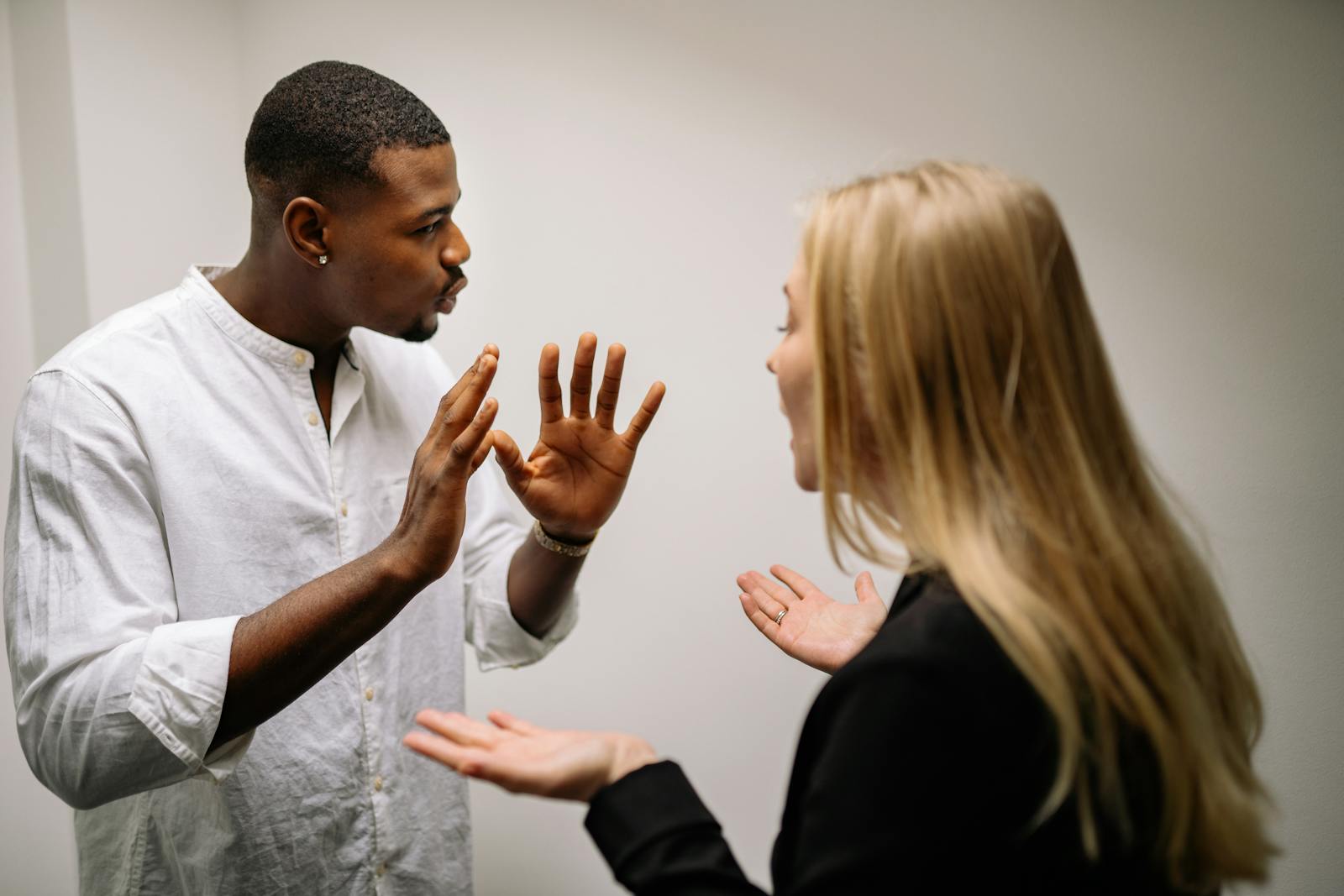
Relationships are incredible journeys, filled with shared laughter, deep connections, and the comfort of having someone by your side. We invest so much of ourselves, our time, and our emotions into building these bonds, hoping for a future filled with happiness and mutual support. But what happens when that journey starts to feel less like a joyful path and more like an uphill battle?
It’s a tough truth to face, but sometimes, despite all the love and effort, a relationship reaches a point where it’s no longer serving your highest good. Recognizing these signs isn’t about looking for reasons to quit, but rather about acknowledging when the dynamic has shifted into an unhealthy space. It’s about being honest with yourself and your partner about what you truly deserve and need to thrive.
The decision to end a relationship is never easy, especially when there’s still a part of you that hopes things will get better. Yet, clinging to a connection that consistently brings more stress than joy, or where you feel diminished rather than empowered, can be far more damaging in the long run. We’re here to help you identify those subtle (and not-so-subtle) indicators that it might be time to bravely consider a new path forward.

1. **A Future That Never Arrives, or Fundamental Disagreements About Your Shared Future.** Have you ever found yourself saying things like, “I know he’ll appreciate me more when his friends get married,” or “She’ll be more supportive of my anxiety disorder when we’ve finished school,” or even, “We’ll feel more connected when we move in together? This tendency to project your relationship’s improvement onto some hypothetical future milestone is a significant red flag. It implies that your current reality isn’t enough, and you’re holding onto a fantasy rather than basing your happiness on the present experience. As Megan Bruneau, M.A., a therapist and wellness writer, wisely suggests, you should “base your desire to be in your relationship on your present experience, not on some future idea of what you want it to be.
Beyond these hopeful “whens,” there might be concrete, fundamental differences about where you both see your lives heading. Perhaps one of you envisions marriage and children, while the other can’t imagine life with either. Maybe you’re in a long-distance relationship with no clear path to closing the gap, or from different cultures with insurmountable family objections. When there’s “no hope of a future together without the wrath or loss of extended family,” or “promises of a future together are never fulfilled,” it signals a deeper incompatibility.
It’s crucial to be honest with yourself about these diverging paths. You shouldn’t stay with someone hoping you can “mold them into someone who they’s not.” If you’ve been together for a substantial period and these core differences remain unresolved, it’s a sign that your dreams and your partner’s might simply not align, no matter how much you care for each other. Sometimes, walking away allows both individuals the chance to find a future that truly fits their aspirations.

2. **Your Partner Pressures You to Change, Diminishing Your Self-Worth and Authenticity.** There’s a clear distinction between constructive feedback and outright pressure to change who you are. While it’s perfectly fine for a partner to ask you to “stop putting so much garlic in the salad dressing,” it becomes deeply problematic when they “ask you to lose 20 pounds or get a better job.” This kind of pressure isn’t about self-improvement; it’s often “a projection of their own insecurity,” designed to make you feel “less worthy as a result.” You deserve to “feel loved by your partner unconditionally.
This pressure can manifest in insidious ways, leading you to become “a markedly different person around your partner.” You might feel like you’re “playing a part, behaving and responding based on how you think you should rather than authentically.” If you find you’ve “lost yourself” and “no longer like or recognise the person you’ve become in this relationship,” it’s a serious warning. Your partner should inspire you to be your best self, not demand you become someone you’re not or that exhausts you by supporting them and not yourself.
Furthermore, this pressure often comes hand-in-hand with “constantly being criticised.” We’re not talking about helpful suggestions here, but rather “verbal attacks, ridiculing and humiliation.” This behavior is explicitly noted as “emotionally abusive” in the context, creating an unsafe environment where you “can’t do anything right” and “get blamed for everything.” If you cannot be your authentic self, flaws and all, then the relationship is undermining your core identity.

3. **Feeling Unheard or Unloved Unless You Maintain a ‘Happy’ Façade.** It’s easy to feel loved and supported when everything is going well – when you’re “happy, confident, and comfortable.” But the true test of a relationship’s strength comes during life’s inevitable challenges. What happens “when we’re having a ‘low’ day, when we’re mega-stressed at work, when we’re bedridden with the stomach flu, or when we’re in the grips of anxiety”? Or when you “lose someone we love, get laid off at work, or get a diagnosis that turns our world upside down? If you feel you must maintain a “certain emotional equilibrium” around your partner, you end up breeding “secondary emotions—guilt, shame, and anxiety—for experiencing anything other than happiness and calm.
This conditional support often leads to a pervasive sense of negativity. You might find yourself “feel[ing] negative around your partner, regularly.” This includes emotions such as “disrespected, underappreciated, frustrated, hurt, insignificant, lonely, invalidated, ashamed, or guilty.” And to make matters worse, you “rarely hear ‘I’m sorry.'” While everyone has bad days, if these feelings are “common ones,” it indicates a serious imbalance where your emotional well-being is not prioritized.
A core component of this issue is feeling “unheard in your relationship.” If you perceive that “your partner doesn’t listen to you and is willing to compromise for your needs as well as theirs,” the relationship is not based on equality. You should feel that your “opinions and views are equally weighted” and that your relationship is “a safe place where you are able to express how you feel and be heard by your partner.” Feeling ignored or patronized means your fundamental right to be heard is being denied.
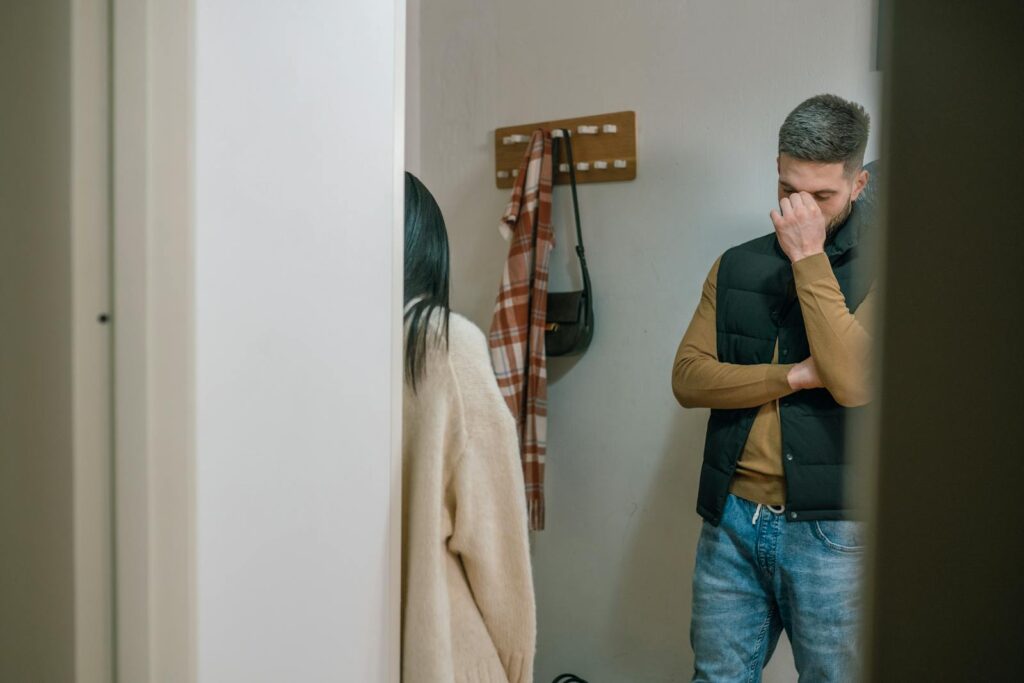
4. **Your Partner Avoids Your Loved Ones or Keeps You a Secret.** A healthy relationship naturally integrates into both partners’ lives, which includes their existing social circles and family. So, when “getting your partner to spend time with your friends and family is weirdly difficult,” it raises a significant question. Do you “dread telling your partner about your sister-in-law’s dinner invitation,” or does “attending your best friend’s birthday party go into hours of negotiations”? While your “better half doesn’t have to love every member of your family and every one of your friends,” they should at least be “willing to embark on significant other duties without (much) protest.
Even more concerning is when you feel “hidden” by your partner. This could mean “it been seven months and you haven’t met their parents, who live just three blocks away,” or your partner “never posted a photo of you on Instagram or invited you to their office party.” Initially, “keeping things quiet initially can add to the excitement,” but there comes a point “when being their ‘little secret‘ is more degrading than anything else.
You deserve a partner who is proud to be with you and integrate you into their world. If you find yourself wondering “whether your partner, in fact, exists,” or feeling like a hidden part of their life, it’s a clear sign that the relationship lacks commitment and transparency. You “deserve to know your partner is proud of you and committed to the relationship,” not to be an afterthought or a hidden detail.
5. **Your Needs Are Dismissed, Making You Feel ‘Crazy’ or Unreasonable.** When you express a need in your relationship, do you find yourself immediately feeling “crazy, needy, dramatic, high-maintenance, or unreasonable”? And worse, do you “much of the time, even end up apologizing for it”? This dynamic is a profound red flag, indicating that your emotional well-being and valid desires are being invalidated. While we all have our “crazy moments” and imperfections, a truly healthy relationship allows for the airing of needs without fear of judgment or dismissal.
This persistent invalidation is particularly insidious because it can make you “lose the ability to clearly see that your needs are warranted and deserving of airtime.” This is more than just a bad habit; it’s a “classic gaslighting tactic,” designed to make you doubt your own perceptions and sanity. If you’re constantly being made to feel “overly sensitive” or “crazy” for simply having needs, your self-esteem will inevitably suffer. You have a right to ask for things and express emotions without feeling like a burden or an irrational person.
Further compounding this issue is a partner who is “defensive.” When they “isn’t willing to take responsibility for their part in your relationship issues, and they blame you for the problems,” it creates a cycle where your needs are not only dismissed but actively turned back on you. A partner who deflects blame and refuses accountability prevents any genuine resolution or understanding. You deserve a relationship where your experiences are acknowledged, and both partners share responsibility for the health of the connection.
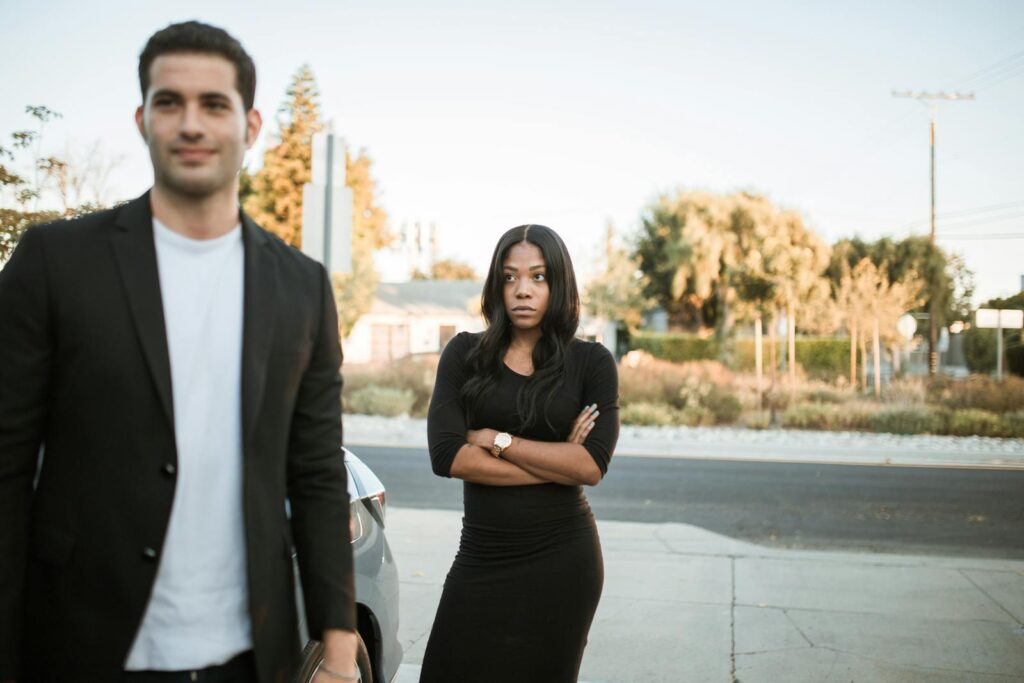
6. **The Relationship Feels One-Sided, With Little Effort or Reciprocity From Your Partner.** A relationship thrives on mutual investment, but a clear sign of trouble is when “your partner is making little or no effort.” This could manifest in various ways: perhaps they are “no longer interested in you,” are “only interested in themselves (perhaps even somewhat narcissistic),” or simply “doesn’t understand what’s needed to be the become the best possible spouse.” Regardless of the reason, the feeling that you are constantly putting in work while receiving little back is exhausting.
If you can “honestly say that you’ve given everything to your relationship, and you still feel as if you’re the only one who’s putting in any effort,” it’s time to call it quits. You shouldn’t look back with regret, wondering if you could have done more. If you’ve truly “tried everything you can think of, reached out for help when you needed it, and given the relationship your all only to get nothing in return,” you can walk away with a clear conscience. The pressure of a relationship resting “solely on your shoulders” will inevitably become overwhelming.
This imbalance can also show up if “you’re the one that’s stopped putting effort into your relationship.” While this might seem counter-intuitive, it can be a subtle indicator that you’re already subconsciously disengaging or that you no longer desire the relationship to work. A relationship is fundamentally “a partnership that requires time and attention from two people.” If either person is no longer willing or able to contribute equally, the foundation becomes shaky. It’s not about keeping score, but about ensuring a balanced flow of care, effort, and commitment that keeps the spark alive for both of you.
Relationships, at their best, are meant to be a safe haven, a space where we grow, feel cherished, and are inspired to be our most authentic selves. However, even with the best intentions and deepest love, some connections hit a wall. As we continue our journey through the crucial indicators that a relationship has veered into unhealthy territory, it’s vital to shine a light on the more profound, often harder-to-face, red flags. These aren’t just minor bumps in the road; they’re definitive signs signaling that it might truly be time to re-evaluate your path forward, addressing deep-seated issues, fundamental incompatibilities, and behaviors that are simply unacceptable in a loving partnership.
So, if you’ve been nodding along to the signs we’ve discussed so far, prepare yourself. These next indicators delve into the core of what makes a relationship truly sustainable, or sadly, unsustainable. It’s about recognizing when the foundation itself is crumbling, when trust has eroded, or when your very well-being is at stake. Let’s get into the next set of critical signs that you simply can’t ignore.

7. **Security Only Exists When You’re Physically Together.**Think about this: do you feel a knot of anxiety tighten when your partner is out without you, or when there’s a lull in digital communication? A truly healthy and supportive relationship should offer a consistent sense of security, whether you’re cuddled on the couch or miles apart. If your peace of mind is entirely dependent on physical proximity or constant digital connection, it signals that the emotional scaffolding of your relationship might not be as strong as it needs to be.
While it’s true that feelings of insecurity during periods of separation can sometimes point to deeper individual attachment issues, it’s crucial to remember that your partner isn’t solely responsible for healing those wounds. However, a supportive partner will encourage and actively support you as you work through these challenges, rather than inadvertently feeding into them or making you feel guilty for having them. If your relationship dynamic seems to mirror and reinforce unhealthy early attachment patterns, maintaining it might be hindering your personal growth and well-being.
Ultimately, a robust relationship fosters an environment where you feel happy and secure, regardless of whether you’re side-by-side or navigating your independent lives. If you consistently feel abandoned or unsure when not physically or digitally connected, it’s a significant indicator that the relationship might not be providing the supportive and healthy foundation you deserve.
Read more about: Navigating the Anxious Generation: Rethinking Childhood in the Age of Screens
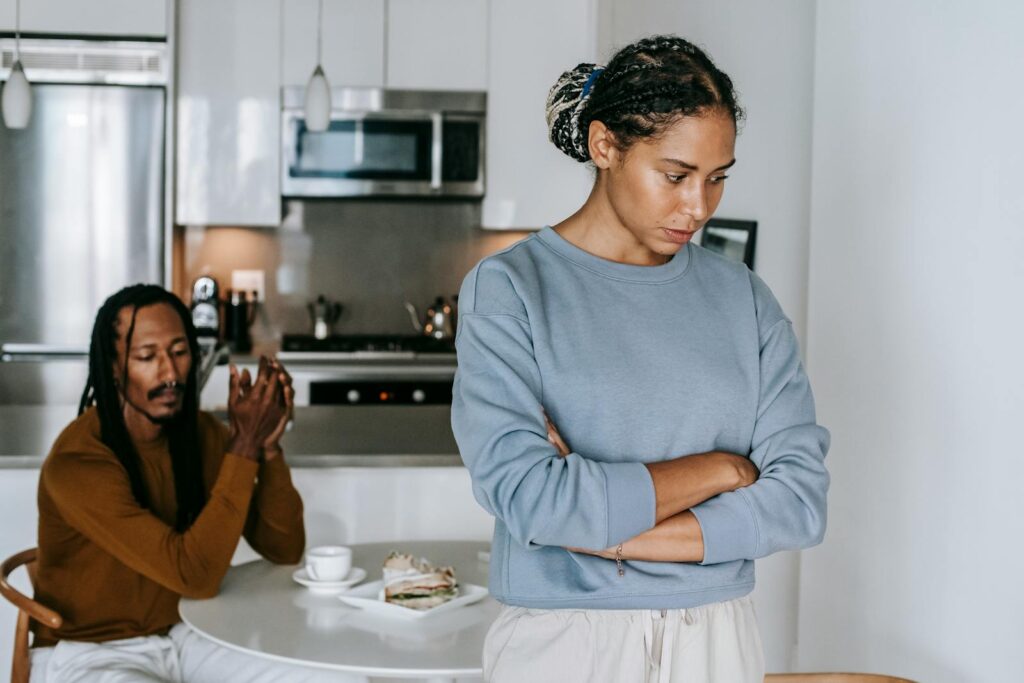
8. **You’re Being Abused.**Let’s be absolutely clear: if your partner is being abusive towards you, it is unequivocally time to leave. There is no grey area here, no “ifs, ands, or buts.” Abuse can manifest in many terrifying forms: mentally, sexually, financially, physically, or economically. It strips away your sense of safety, worth, and autonomy, leaving deep, lasting scars that no amount of love can heal.
Recognizing abuse is the first, vital step. This isn’t about mere disagreements or occasional hurtful words; it’s about a pattern of control, harm, and power imbalance that puts your well-being at severe risk. If you find yourself questioning whether what you’re experiencing is abusive, or if you’re unsure precisely what constitutes an abusive relationship, it’s imperative to seek clarity and support. No one deserves to live in fear or under the shadow of a partner’s abusive behavior, regardless of any lingering feelings of love.
Your safety is paramount. If you are in an abusive relationship and decide to end it, it is crucial not to discuss your intention to break up with your partner directly until you have secured professional help and a safe exit plan. Prioritize getting support from helpful organizations dedicated to assisting individuals in abusive situations. You owe it to yourself to break free and get out, even if you still carry love for your partner, because true love never, ever involves abuse.

9. **You Have Totally Different Values and Beliefs.**When you first start dating, it’s easy to get swept up in the excitement and overlook subtle differences. But as a relationship matures, the alignment of fundamental values and beliefs becomes incredibly important. We’re talking about the deep-seated principles that guide your life, your ethics, your views on money, family, spirituality, or even your political outlook. If you’ve discovered that your core values and beliefs are significantly divergent from your partner’s, it can create a constant underlying tension and conflict that is incredibly difficult to overcome.
This isn’t about having identical opinions on every topic; healthy relationships thrive on respectful differences. However, when the very bedrock of your understanding of the world, your sense of purpose, or your moral compass clashes fundamentally, it can lead to deep incompatibility. You might find yourselves constantly at odds on crucial decisions, feeling misunderstood, or compromising your own integrity to maintain peace.
While you might be deeply in love, an insurmountable gap in core values often means that, despite the affection, you are simply incompatible for a long-term, fulfilling partnership. It’s a harsh truth, but sometimes love alone isn’t enough to bridge these foundational differences, making the relationship inherently unsustainable.
10. **Trust is Broken: Lies, Infidelity, or Hidden Lives.**Trust is the absolute bedrock of any healthy relationship. Without it, the entire structure begins to crumble, leaving you in a constant state of anxiety, suspicion, and hurt. This broken trust can manifest in many devastating ways, from outright deceit to subtle lies of omission. Has your partner deliberately kept crucial information from you, like financial matters, or simply failed to disclose things that were of great importance? These aren’t minor slip-ups; they are deliberate acts that erode the very foundation of your connection.
Infidelity is, of course, one of the most painful and explicit forms of broken trust. If your partner is cheating on you, and you no longer feel able to trust them or have the desire to try and fix the relationship, then it is a clear sign that the partnership has reached its breaking point. The fear of your partner hurting you when they’re not with you, or the realization that you are not being your whole, authentic self because you’re hiding things from them, creates an incredibly toxic environment.
A relationship is meant to be a safe space where both individuals can express their needs, fears, and emotions without judgment, confident that their partner will respect and support them. If you’re consistently discovering lies, whether big or small, or if you or your partner are actively keeping secrets from each other, it signifies a profound breakdown. This pattern of deception leads to significant emotional damage that can be incredibly hard, if not impossible, to repair, making it time to call it quits before further pain is inflicted.
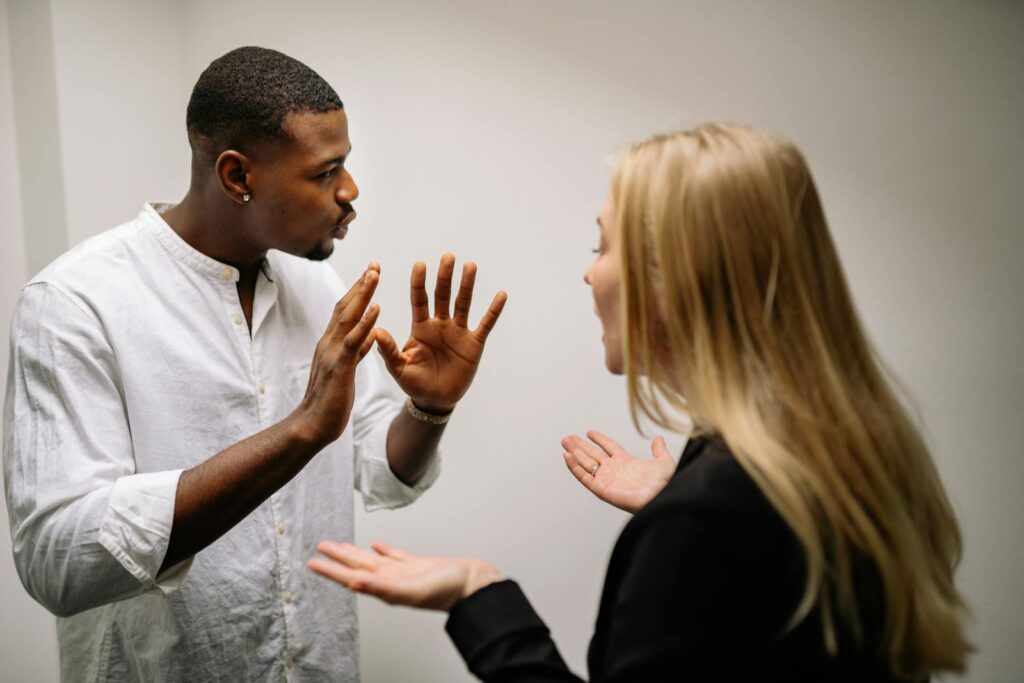
11. **Constant Conflict: You Can’t Stop Fighting.**Let’s be real, every couple has disagreements. It’s a natural part of two individuals navigating life together. But there’s a massive difference between healthy conflict resolution and a relationship where you simply cannot stop fighting. If every conversation seems to devolve into an argument, or if you find yourselves constantly at odds, it’s a glaring red flag that communication has severely broken down and your relationship is experiencing deep distress.
This isn’t about who ‘wins’ an argument; it’s about the pervasive negativity and emotional exhaustion that comes from continuous bickering and hostility. Your partner should be your ally, your teammate, someone who stands with you against life’s challenges, not an opponent you’re constantly battling. The relentless stress of argument after argument is detrimental to your mental and emotional well-being, creating an environment where happiness struggles to survive.
If simple issues ignite full-blown wars, and you rarely experience peace or mutual understanding, it signifies that the relationship is no longer serving you both in a positive way. Stop pouring your precious energy into endless conflict. It’s time to consider a path that brings more harmony and less hostility into your life, allowing both of you the chance to find happiness elsewhere.
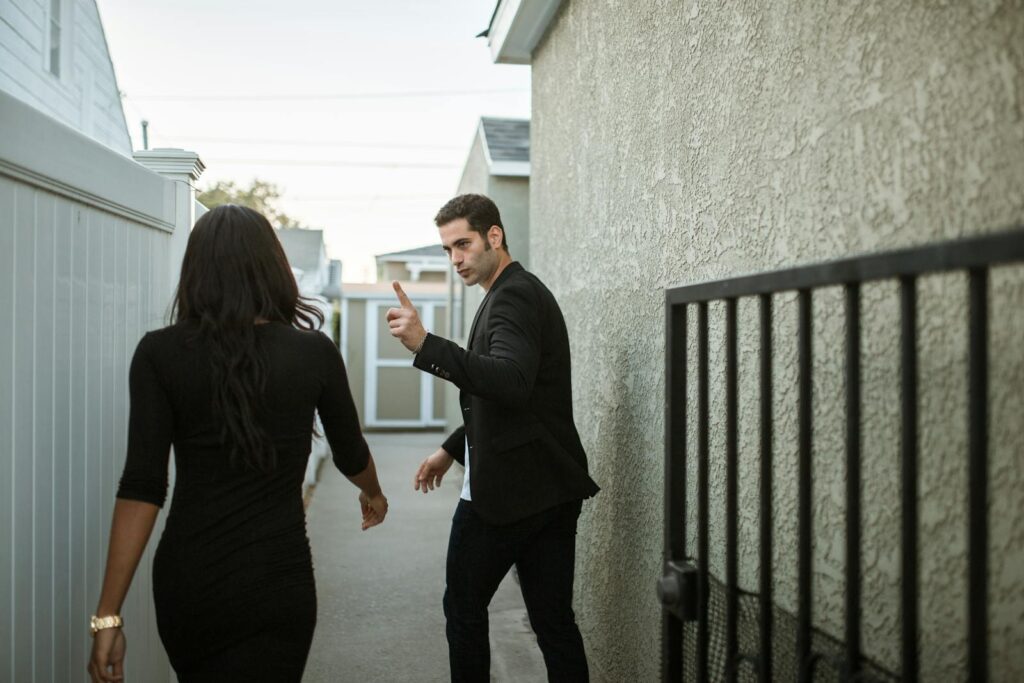
12. **You’re Not Together for the Right Reasons.**Sometimes, relationships can become less about the profound connection between two people and more about the external factors that surround them. Maybe you’ve built a life together – a home, shared pets, a circle of friends, or even children – and the thought of disrupting all of that feels utterly overwhelming. You might find yourself clinging to the relationship not out of genuine desire for your partner, but out of a fear of the unknown, a reluctance to ‘rock the boat,’ or a worry about what others might think. This feeling of being ‘trapped’ is a powerful indicator that the core purpose of your relationship has shifted.
It’s a tough pill to swallow, but these external dependencies – your family, your home, your social circle – are not valid reasons to remain in a relationship that isn’t truly fulfilling you. If the only thing holding you together is convenience, habit, or a reluctance to face a difficult fresh start, then you are not honoring your own happiness or your partner’s. You are both living a half-truth, and that’s no way to build a joyful life. Your relationship should be a conscious choice you make every day because you genuinely want to share your life with this person, not a obligation.
Remember, you are the one who has to live this relationship day in and day out. No matter how many external elements depend on your union, you cannot be your best self, for them or for anyone, if you are fundamentally unhappy at home. While starting fresh will undoubtedly be challenging, if it’s what’s truly best for your well-being and future happiness, then it’s the brave, necessary choice. Trust that when you make the right decision for yourself, the pieces will, eventually, fall into place. You deserve a relationship that uplifts you, inspires you, and is built on a foundation of genuine desire, not just convenience or fear.
Read more about: Her Date Got Up, Left for 20 Minutes, And What He Came Back With Will Shock You
Recognizing these signs isn’t about giving up; it’s about choosing courage over comfort. It’s about acknowledging that sometimes, even when love is present, a relationship can become an obstacle to your growth, your happiness, and your authentic self. The decision to end a relationship, especially one where you’ve invested so much, is never easy. It’s a journey through tough truths, difficult conversations, and the brave act of prioritizing your own well-being. But remember, you are far stronger than you think. You’ve navigated challenges before, and you’ll navigate this one too. By bravely identifying these red flags and making the choice that’s right for you, you open the door to a future where you can truly thrive, find genuine connection, and embrace the happiness you unequivocally deserve. You’ve got this!

